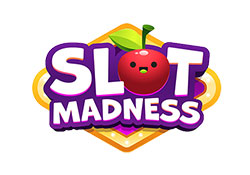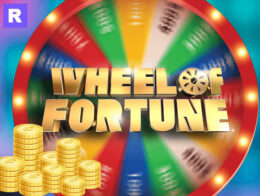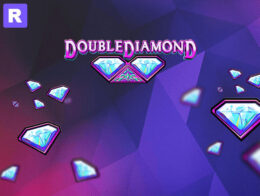Play Shoji For Real Money With Bonus










Shoji Slots
Nowadays, it appears that nearly every new game release is an updated version of an existing genre. However, this isn’t necessarily negative; modern graphics, innovative gameplay features, and technology can all breathe new life into the most popular slot game themes. The challenge lies in raising the bar in the field to prevent the game from becoming just another unremarkable entry in the extensive history of slot titles.
WMS’s latest slot game, Shoji, exemplifies this trend. It aims to attract enthusiasts of Asian-themed slots, particularly those inspired by the Samurai style of ancient Japanese culture. This new casino slot offers an “any way wins” structure, featuring an intriguing 6×3 main reel and an additional 5×2 reel above it. With 1215 ways to win in the base game and 2025+ ways to win in the bonus spins round, all the essential elements seem to be present. The question remains: Does Shoji successfully contribute to the realm of Asian slots with its solid Samurai warriors theme, or does it risk becoming a masterless Ronin, destined to be forgotten among the endless array of slot machines?
Theme
As someone who appreciates the legends of the Samurai, I must say that Shoji captures its theme quite effectively, visually speaking. The game is rich in traditional Japanese symbolism, boasting beautifully crafted and colorful artwork that strikes a balance between authenticity and a modern touch. The main payout symbols include a female geisha character and a male Samurai, as well as a meticulously designed bonsai tree, a classic temple, and a lucky Koi fish. Moreover, the traditional playing card symbols from ten to Ace represent the lower-paying icons.
The reel layout is thoughtfully designed, with traditional dark red wooden frames resembling a Dojo and sliding bamboo screens framing the upper reel set. The scatter symbol, which triggers the bonus round, is a large oriental-style golden gong, while the wild symbol takes the form of a paper screen door. Unfortunately, the thematic experience is somewhat diminished by the music and sound effects, which lean more towards the typical sounds of a traditional fruit machine slot rather than invoking the essence of ancient Japanese culture.
Features
The game’s structure is intricate in its mechanics but visually straightforward. Embracing the “any ways” structure, Shoji discards traditional paylines in favor of forming a paying combination with any three or more symbols appearing from left to right or right to left. In addition to the 6×3 base game reels, there is an extra set of 5×2 reels positioned above, concealed by sliding bamboo screens that randomly reveal parts of the reels with each spin. Ideally, you’ll want these screens to fully open from the front or rear to align with the lower reels, as only partial reveals in the middle rarely result in a winning combination. This feature adds a unique dimension to the game, and the seamless integration of the expanded reel system with the game’s theme is commendable.
The betting system revolves around a base wager of 50 cents to play all ways. Any bet multiplication acts as a win multiplier, a common feature in WMS titles. Additionally, the game includes a wager saver mechanism and a bonus guarantee based on the original bet amount. The guaranteed bonus consists of 8 spins, each multiplied by your initial wager.
Shoji’s bonus round offers a straightforward free spins feature that increases the ways to win from 1215 to 2025. Triggered by three or more bonus scatters, this round provides 8 initial spins. While the number of spins may seem generous, it is possible to continually retrigger them (at least in theory).
Summary
Having recently played Shoji, I must say that while this new casino game is visually appealing and seems to hold immense potential, the gameplay experience fell short for me. The game’s variance appears remarkably high, with the bonus round often triggering the guaranteed wins repeatedly, while the base game lacked the excitement of occasional large wins. It’s possible that my experience was an anomaly, as the game’s high variance suggests the potential for significant payouts. Only time will tell how Shoji fares in a competitive genre in the long run.
























